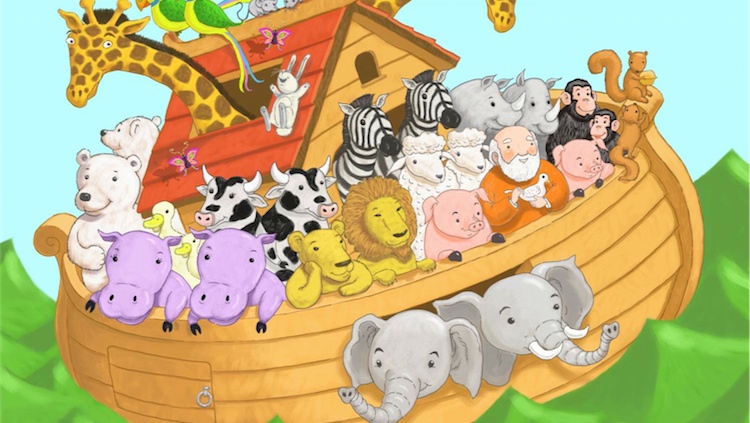How Religion Affects Children’s Judgment of What Is Real and What Is Pretend
By Kathleen Corriveau, Paul L. Harris, Eva E. Chen | Aug 15, 2014

How does exposure to religion influence young children’s learning? We asked this question in a study published this month in the journal Cognitive Science. In the paper, my colleagues Eva Chen, Paul Harris and I report the results of two studies we conducted at Boston University’s Social Learning Laboratory that explored how exposure to religion — via attending church, school, or both — would influence children’s reality judgments of novel characters.
We were interested in this question as part of a larger body of research examining how children need to look beyond their first-hand experience in order to learn about the world. In an earlier study, we found that by the age of 5 or 6 children seem to separate stories into two types — factual (or true) stories and make-believe (or fictional) stories. When we gave children a story they had not heard before, we found that they listened for magical events — the type of impossible event common in fairy tales. If the story included, for example, seeds that made you invisible or a sword that protected you in any battle, children decided that the central character was not a real person.
On the other hand, if the story included only plausible events, children were much more likely to say that the main character was a real person. When asked why they had decided the main character was real or pretend, children justified their answer by appealing to the story events — the impossible events in pretend stories, as well as the realistic events in true stories.
But this type of strategy only goes so far. Indeed, it suggests that children would struggle to appropriately categorize characters from fictional stories that did not include impossible events (Tom Sawyer, for example). Similarly, children might struggle to categorize figures in religious narratives, which often include miracles.
In our first study, we found that children’s judgments about characters in biblical narratives were strongly affected by their upbringing. Children who had had some form of religious education – via church, parochial school or both — generally judged the central character to be a real person. Children who did not have religious education — who did not go to church and went to a secular school — largely judged the central character to be fictional.












